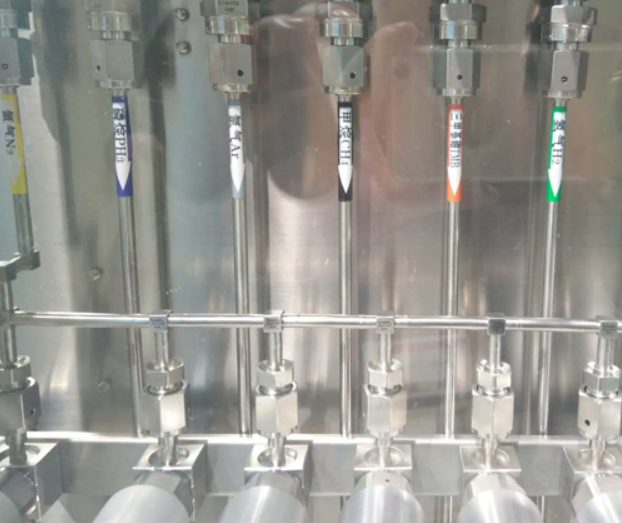Recently, the national standard GB/T20878-2024 “Stainless Steel Grades and Chemical Compositions”, edited by the Metallurgical Industry Information Standards Research Institute and participated by Fujian Qingtuo Special Steel Technology Research Co., Ltd. and other units, was released and will be implemented on February 1, 2025. . After nearly six years of unremitting efforts, Qingtuo Group independently developed the nitrogen-containing highly strengthened austenitic stainless steel QN series, including S35250 (QN1701), S25230 (QN1801), S35657 (QN1803), S35656 (QN1804), S35388 ( Products with different corrosion resistance levels such as QF1804), S35706 (QN2008), S35886 (QN1906) and S35887 (QN2109) have been included in this standard, enriching the stainless steel variety structure and providing high strength, lightweight, and high corrosion resistance for the field of load-bearing structures. The realization plan of stainless steel varieties with high safety and cost-effectiveness.
S35656 (QN1804) relies on its excellent corrosion resistance, weldability and low-temperature mechanical properties to be included in GB/T150.2-2024 “Pressure Vessels Part 2: Materials” and GB/T713.7-2023 “Steel Plate and Steel for Pressure Equipment” With Part 7: Stainless Steel and Heat-Resistant Steel” and other two national standards related to pressure vessels. Over the past few years, QN series stainless steel has formed a stable industrial chain and has been applied in batches in multiple load-bearing structure market fields such as high-speed rail tunnel engineering, prefabricated buildings, subway engineering, energy, ocean engineering and pressure vessels.
Electropolishing is an electrochemical finishing process that removes a thin layer of material from a metal part, typically stainless steel or similar alloys. The process leaves a shiny, smooth, ultra-clean surface finish.
Also known as electrochemical polishing, anodic polishing or electrolytic polishing, electropolishing is especially useful for polishing and deburring parts that are fragile or have complex geometries. Electropolishing improves surface finish by reducing surface roughness by up to 50%.
Electropolishing can be thought of as reverse electroplating. Instead of adding a thin coating of positively-charged metal ions, electropolishing uses electric current to dissolve a thin layer of metal ions into an electrolyte solution.
Electropolishing of stainless steel is the most common use of electropolishing. Electropolished stainless steel has a smooth, shiny, ultra-clean finish that resists corrosion. Although nearly any metal will work, the most commonly electropolished metals are 300- and 400-series stainless steel.
The finishing of electroplating has different standards for use in different applications. These applications require medium range of finish. Electropolishing is a process through with the absolute roughness of the Electropolished Stainless Steel Pipe is reduced. This makes the pipes more accurate in dimensions and the EP Pipe can be installed with accuracy in sensitive systems like the pharmaceutical industrial applications.
We have our own polishing equipment and produce electrolytic polishing tubes that meet the requirements of various fields under the guidance of the Korean technical team.
Our EP Tube in ISO14644-1 Class 5 clean room conditions, each tube is purged with ultra high purity (UHP) nitrogen and then capped and double bagged. Certification qualifying the tubing’s production standards, chemical composition, material traceability, and maximum surface roughness is provided for all material.
Post time: Oct-14-2024


